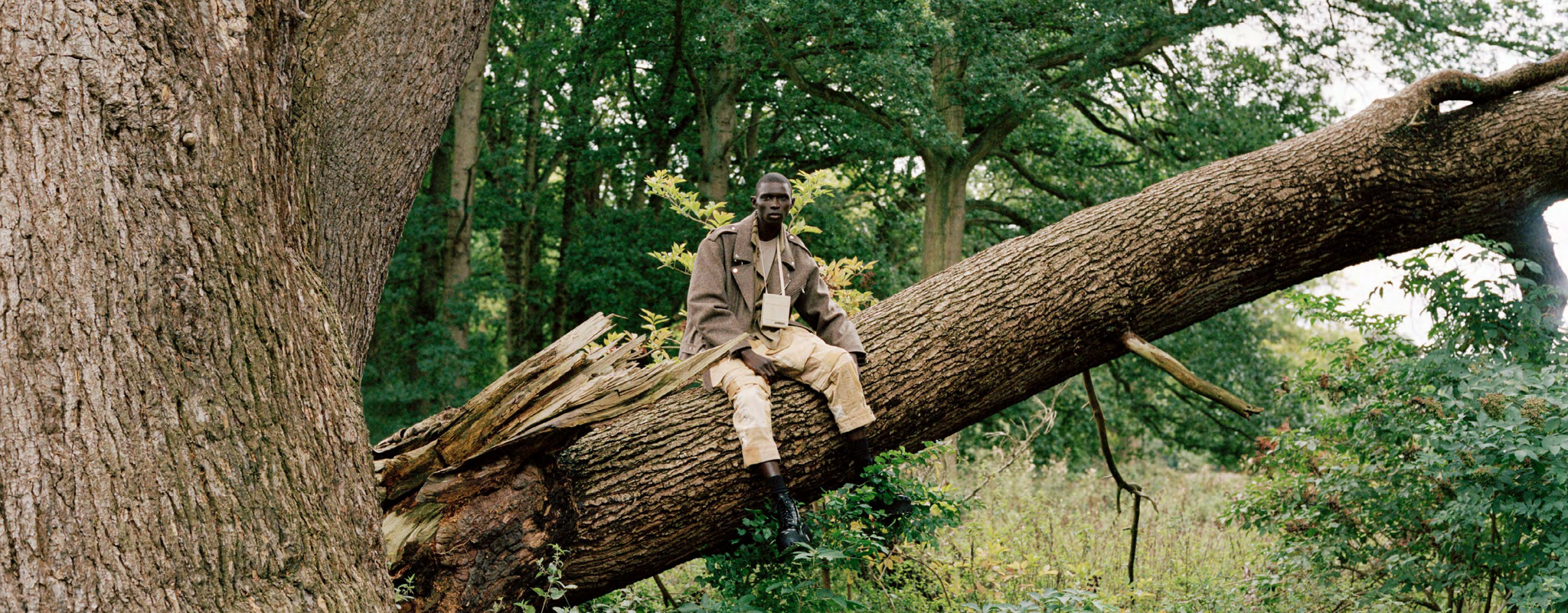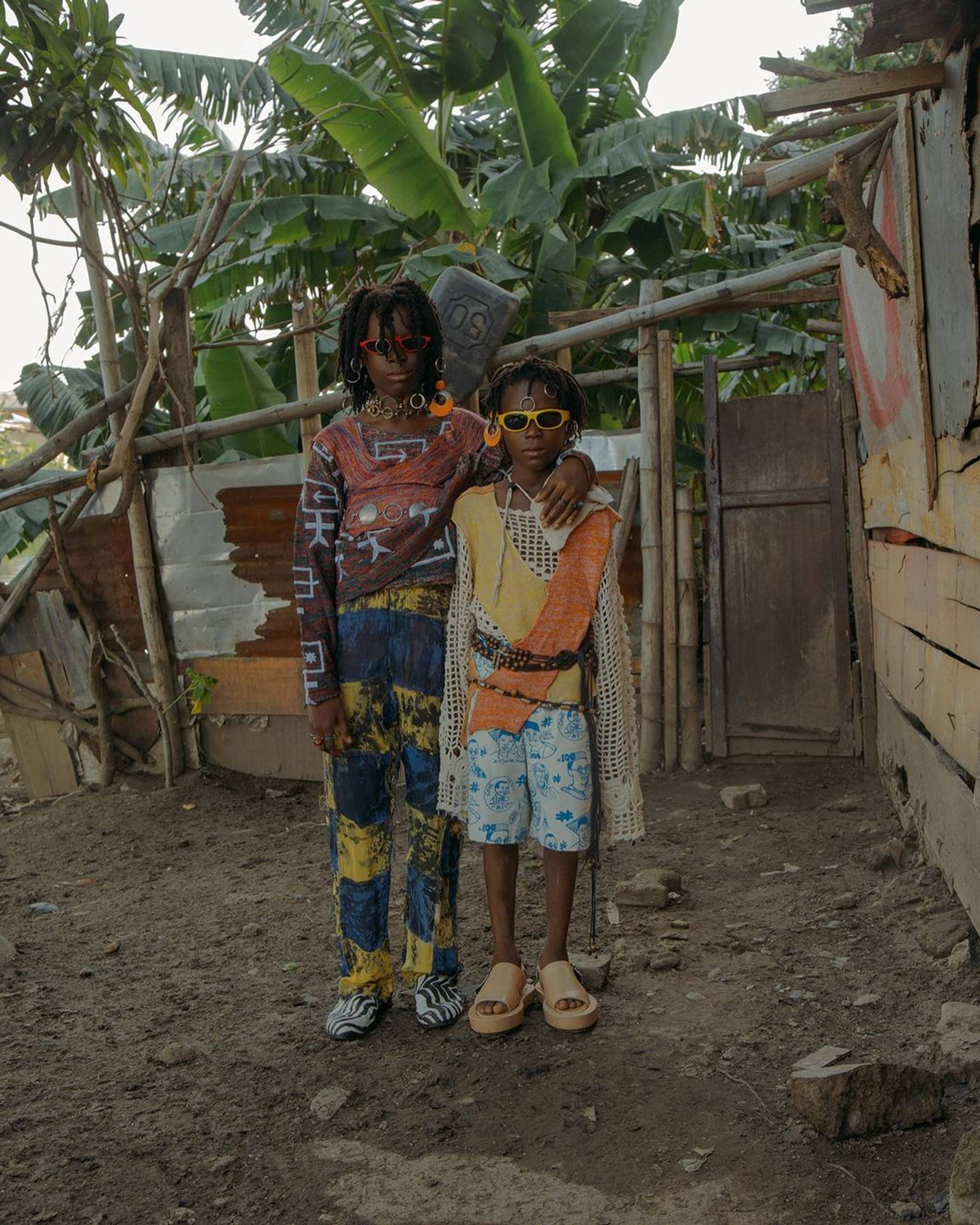
With greenwashing running rife across industries with no sector allowed room for error, consumers are becoming wise to brands that can’t back up their eco-claims and credentials. Patagonia, an American outdoor clothing retailer, is putting its money where its mouth is in a bid to save the planet.
In a bold move from a heritage brand, the likes of which have not been seen in a long time, Patagonia’s billionaire founder Yvon Chouinard has given away his company to a charitable trust. Over the years Patagonia has gained a cult following due to its sustainable initiatives and planet positivity that's built into its brand ethos, but this move goes one step further by restructuring its business model and putting climate change at the heart of its operations.
During the course of the last five years, 85% of global consumers have shifted their purchasing behaviours towards buying from more sustainable brands, with 60% of consumers citing sustainability as an important purchase criterion. And as 68% of people believe that governments need to take action to reduce future climate change pitfalls, climate activism is changing the way people shop with many expecting brands and businesses to rise to society's challenges.
Such a huge purpose-driven business model shift is unlikely to be replicated on a large scale, but brands are taking note and some have already begun to tap into conscious consumption shopping habits as consumers want brands to take a leading role in battling the climate crisis. Pangaia uses a blend of science and innovative textile designs to combat the climate crisis, Nike advocates for sustainability through the use of recycled materials and Boom Supersonic have pledged to fly green by reducing aviation emissions and energy usage.



